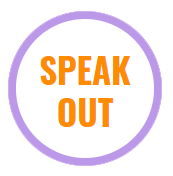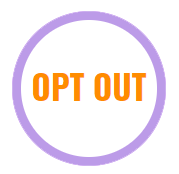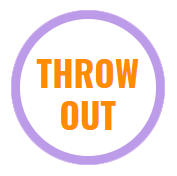%
80% of people who use heroin started with legal prescription opioids.
An opioid is a drug commonly used to treat moderate to severe pain.
Opioids are ADDICTIVE. You can become addicted to opioids in as little as five days. The longer you take opioids, the higher the risk for addiction. Prescription opioids are just as addictive as HEROIN.
1 in 3 prescriptions filled in Virginia are for opioids.
Protect yourself, your family and your community.
Talk about your risk.
_____
Physical dependence to opioids can happen in just five days.*
Before you take an opioid, talk to your doctor or dentist about the risk of addiction.
Five Opioid Questions >
Ask for alternatives.
_____
Nearly 12,000 opioid prescriptions are filled every day in Virginia*.
There are other ways to treat your pain that are often more effective and have fewer risks and side effects.
Pain Management Alternatives >
Safely dispose.
_____
Safely dispose of your leftover or expired opioids by using a medication drop box. These permanent community collection sites are FREE and can be found at law enforcement agencies and participating pharmacies across the state.
Find a Drop Box >
The Ball’s In Your Court
Ask questions. Take control of your care. The longer you take opioids, the higher the chance for addiction. And overdose. Even death.
Talk to your health care provider and decide whether the benefits outweigh the risks of opioid treatment. Ask:
- Am I at risk for addiction?
- Will something else work?
- How long will I be taking them?
- Are you prescribing the lowest possible dose?
- What’s the plan to taper me off?
Opioid Addiction is a Disease
The drugs change the brain itself, which is why it’s considered a brain disease. They change its structure and how it works. They can lead to harmful, often self-destructive, behaviors.
Brain-imaging studies from people addicted to drugs show physical changes in areas of the brain that are critical for judgment, decision making, learning, memory and behavior control. Scientists believe these changes affect the way the brain works and may help explain the compulsive and destructive behaviors of someone with substance use disorder.
Talk to your doctor or dentist and ask about safer alternatives to opioids.
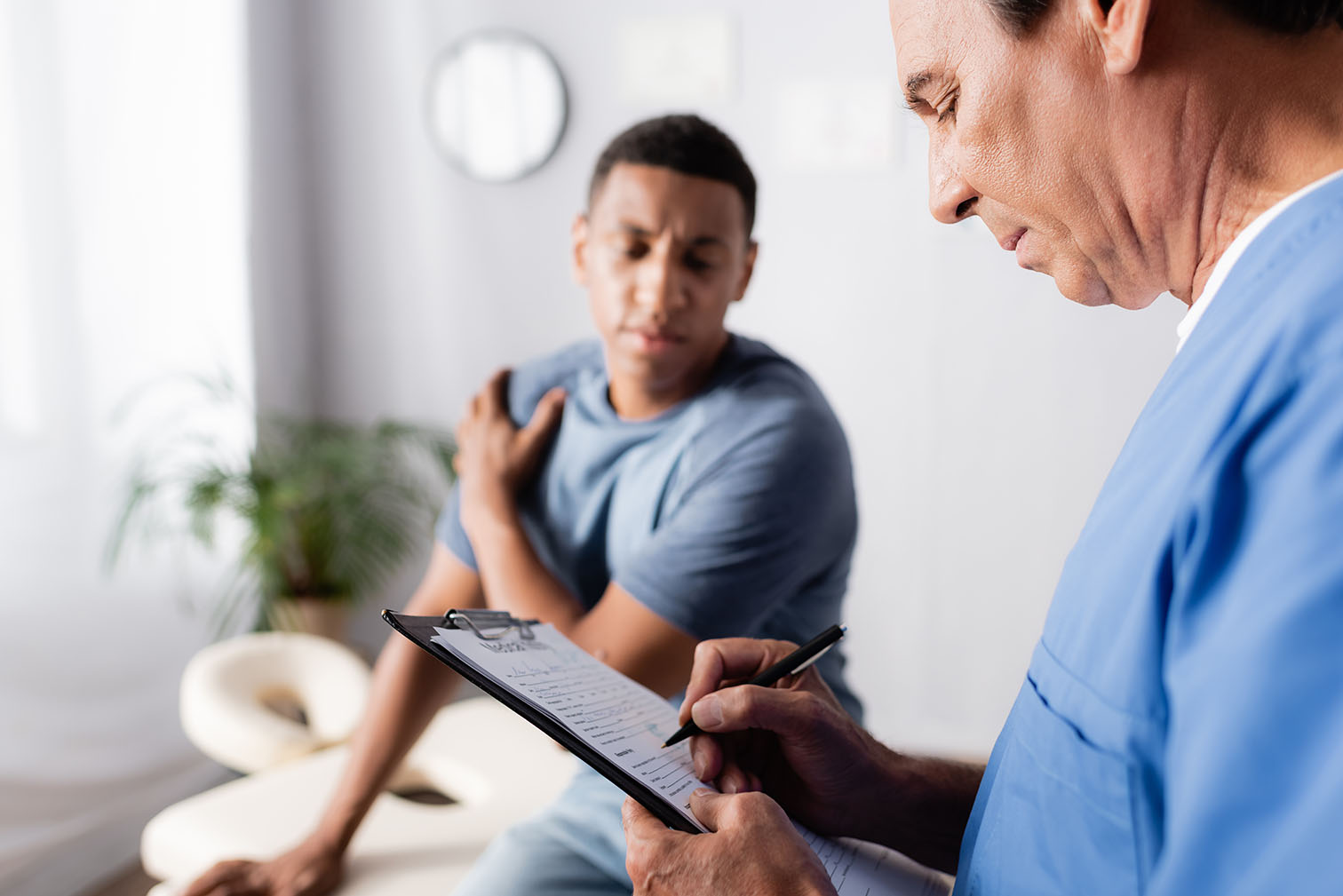
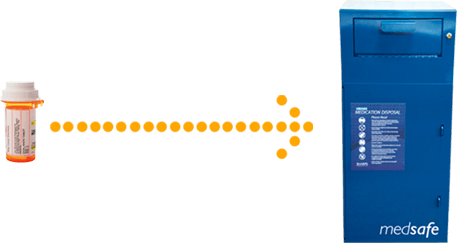
Drop Box Locator
Safe disposal of prescription painkillers saves lives and the environment. With over 100 drop-box locations across the state, find the one nearest you.

